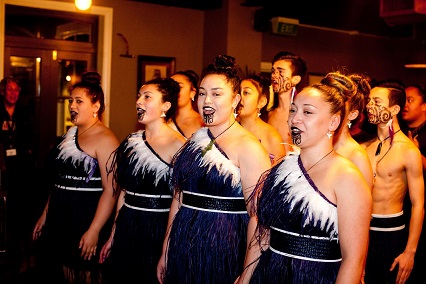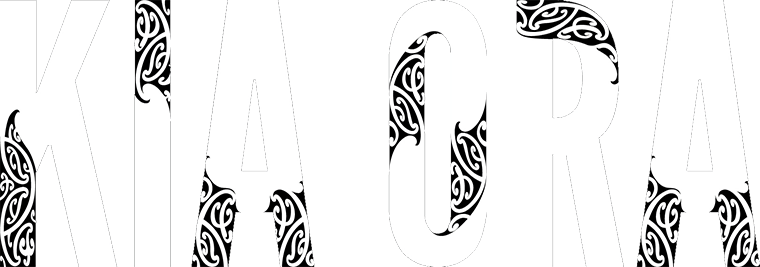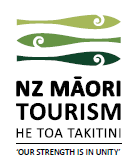Māori song, dance and music were important ways of celebrating, retaining and transmitting the life, customs and history of Māori.
Traditionally there was a song (waiata) for every occasion and many are still sung today. Modern compositions often reflect the issues of the day.
Musical instruments (taonga puoro) were part of many rituals and were also played to entertain. Many drew on the sounds of nature and were made from gourds, bone, shell, stone and wood.
The haka is a traditional dance made famous by our national rugby team, the All Blacks. But haka includes a wide range of dance styles, including many performed by women. A haka could entertain, criticise or praise someone, welcome guests, celebrate important ceremonies, honour ancestors or the dead, and teach traditions.
Kapa Haka is a modern term for a team (kapa) that performs traditional and contemporary Māori dances such as the haka. Their repertoire includes poi, haka, and other activities performed by cultural groups or individuals, and can take place in formal or informal settings, on marae, at schools, or at Kapa Haka festivals.



